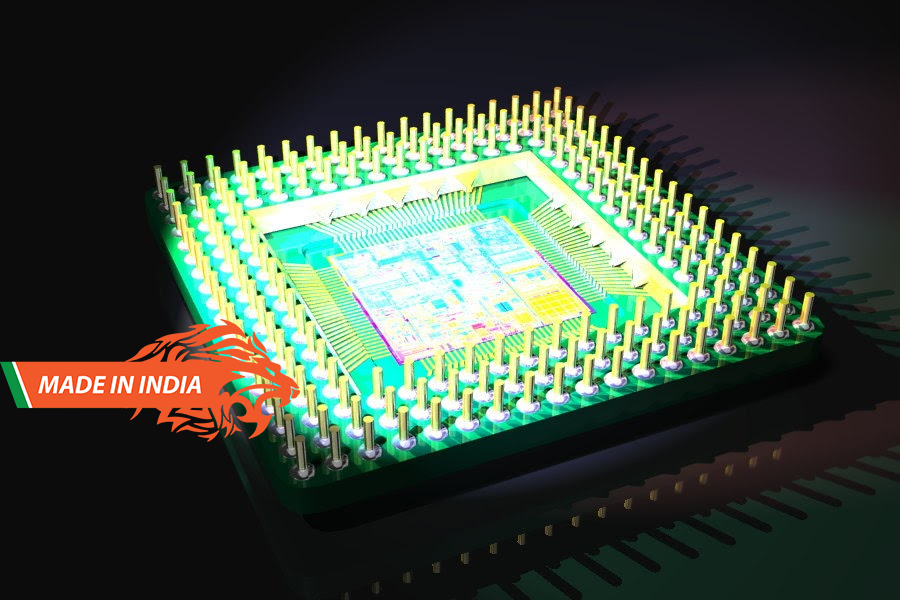This completely indigenous fabrication is that India has now attained independence in designing, developing and fabricating end-to-end systems within the country, says IIT-M
Researchers at the Indian Institute of Technology, Madras (IIT-M) have designed and booted up a microprocessor, India’s first indigenously-developed one, that can be used in mobile computing devices, embedded low power wireless systems and networking systems. This microprocessor will be helpful in reducing reliance on imported microprocessors in Communications and Defence Sectors and is on par with International Standards.
The microprocessor, developed under the project ‘Shakti’ was fabricated at Semi-Conductor Laboratory (SCL) of Indian Space Research Organisations (Isro) in Chandigarh, making it the first ‘RISC V Microprocessor’ to be completely designed and made in India. The processors developed under Shakti are based on an open, free programming language ISA (Instruction Set Architecture), called RISC-V ISA, which provides software and hardware freedom for future developments.
The indigenous design, development and fabricating approach reduces the risk of deploying systems that may be infected with backdoors and hardware Trojans. This will have more significance when systems based on Shakti processors are adopted by strategic sectors such as defence, nuclear power installations and government agencies and departments, said the institute.
Lead Researcher Kamakoti Veezhinathan, Reconfigurable Intelligent Systems Engineering (RISE) Laboratory, Department of Computer Science and Engineering, IIT Madras, said, “with the advent of Digital India there are several applications that require customisable processor cores.
The 180nm fabrication facility at SCL Chandigarh is crucial in getting these cores manufacturers within our Country.”
Shakti processor family targets clock speeds to suit various end-user application devices such as various consumer electronic devices, mobile computing devices, embedded low power wireless systems and networking systems, among others. The Project is funded by the Ministry of Electronics and Information Technology, Government of India.
IIT-M said that the impact of this completely indigenous fabrication is that India has now attained independence in designing, developing and fabricating end-to-end systems within the country, leading to self-sufficiency. With a large percentage of applications requiring sub 200 MHz processors, the current success paves the way to productisation of many hand-held and control application devices.
The front-end design of the Shakti processors is developed with Bluespec, an open-source High-Level Synthesis (HLS) language. Shakti and its eco-system with its modular design approach enables design and development of application-specific end-user computing and communicating systems.
In July 2018, an initial batch of 300 chips, named RISECREEK was produced under Project Shakti, that were fabricated at the Multinational Chip Manufacturer Intel’s facility at Oregon, US, that successfully booted the Linux operating system. Now, the fabrication has been done in India.
Source : BS
You may also like
-
Plasma-Based Green Disinfectants can Limit Spread of Infectious Diseases like COVID 19
-
New Technology to Help Combat Climate Change
-
For the First Time in 11 Years, the Number of Domestic Patent Filing Surpasses the Number of International Patent Filing in India
-
HAL-L&T Wins Over INR 824-Crore Contract for Making 5 Polar Space Launch Vehicles
-
Low Contact Resistance Metal-Semiconductor Interface Designed for Next-Generation Transistors
